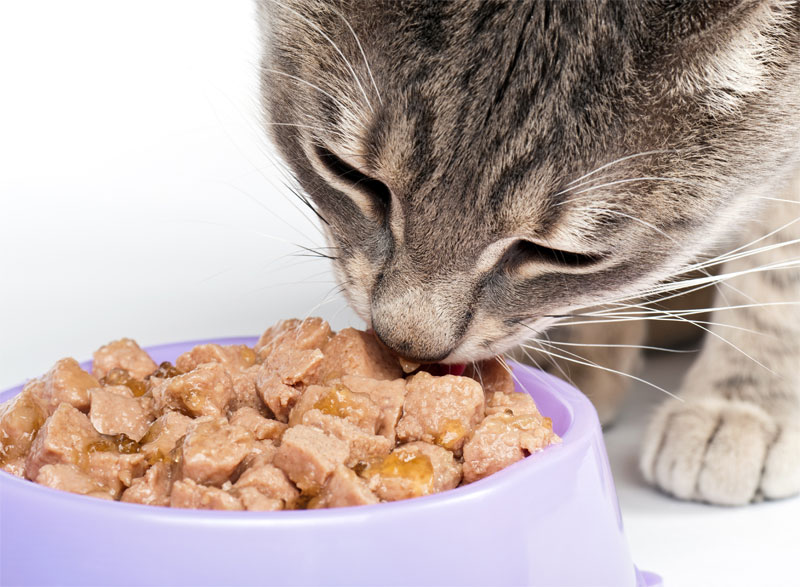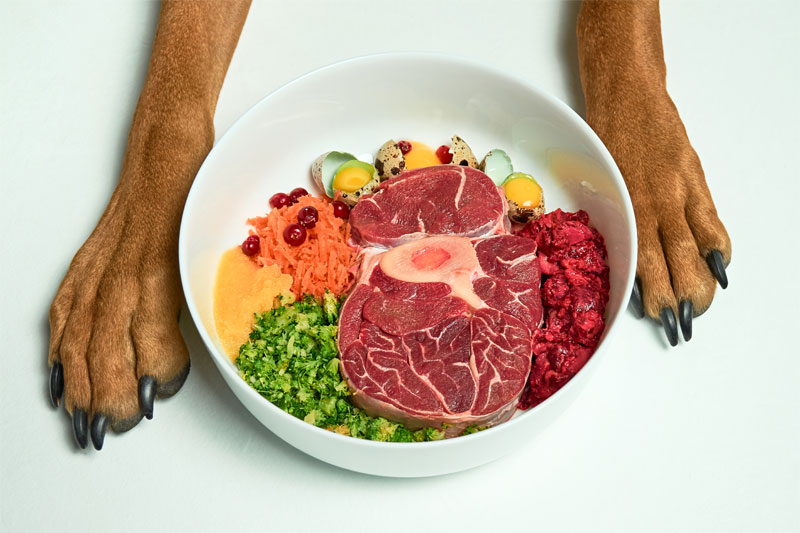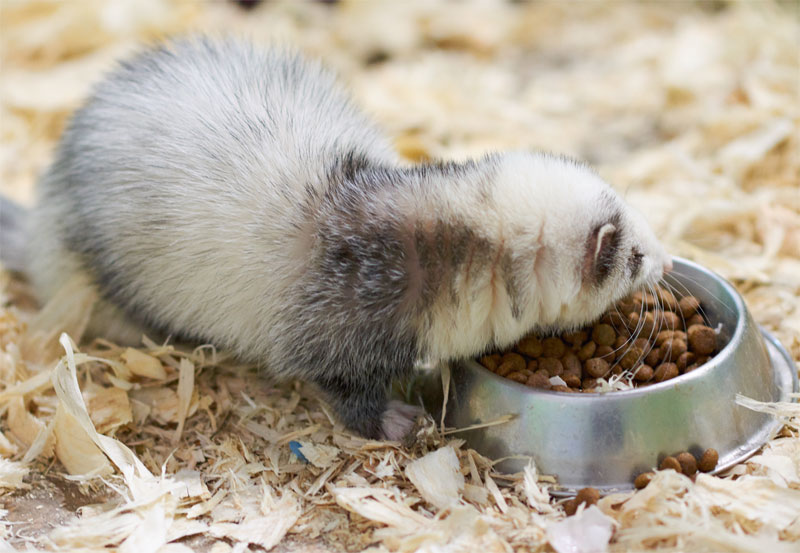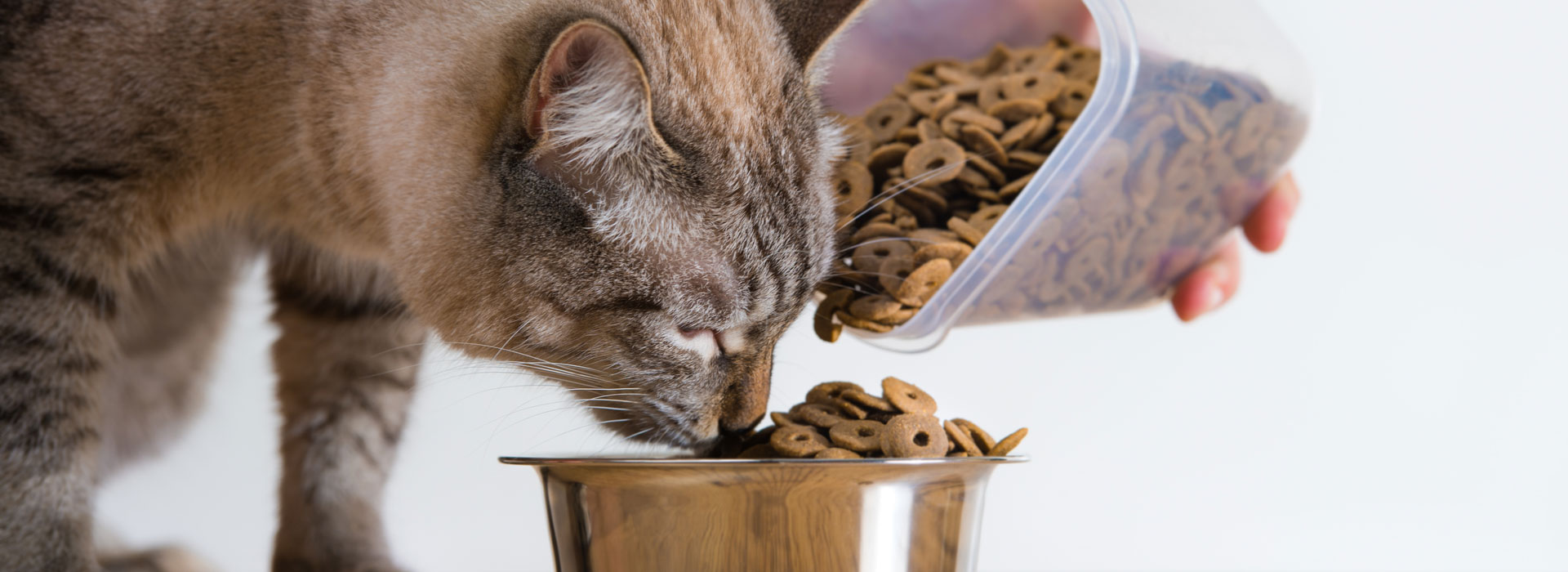
Nutritional Counseling At Henderson Animal Hospital
At Henderson Animal Hospital, we get many great questions about pet nutrition. What should I feed my dog or cat? How do I know how much to feed my pet? Does my pet have any special dietary needs based on their age, breed, size, or overall health? With individualized pet nutritional counseling, our Winnipeg veterinarian team can help you answer these questions and more.
How Nutrition Impacts Pet Health
The type, amount, and quality of food your pets eat impacts virtually every aspect of their well-being, including their eyes, skin and coat, teeth, digestive system, immune function, bone health, and joint function.
Compared to animals who eat a proper, species-appropriate diet, pets that are underfed, overfed, or given nutrient-poor foods are more likely to develop chronic health problems. These health problems can be distressing and painful for your animal (and expensive to treat and manage). For example, pet obesity due to overfeeding is increasingly common in the United States. Unfortunately, research shows that obesity increases an animal’s risk of other health issues such as heart disease, arthritis, kidney disease, and cancer. A 2019 study published in the Journal of Veterinary Internal Medicine even found that obesity can reduce a dog’s lifespan by more than two years!


The good news is, that supporting your pet’s quality of life, longevity, and overall health by feeding them a proper diet is easier and more affordable than you may think, especially when you receive personalized guidance from a knowledgeable veterinarian.
Nutrition Basics
All animals require a diverse blend of nutrients in their diet for optimal health and wellness, including minerals, vitamins, fats, and proteins. The specific food your pet needs depends on several factors, including their age, health status, and breed. Cats, for example, are considered obligate carnivores. This means they must consume meat and other animal products in order to have proper growth and development.


While pet nutritional needs may vary, here are some common pet nutrition basics to discuss with your veterinarian:
- Whether to give your pet wet food vs dry food vs raw food, or a combination
- How much food to give your pet based on their age, size, and activity level
- How to ensure your pet is getting adequate hydration
- When and how to change your pet's diet (while minimizing the risk of digestive upset)
- Signs of food intolerances and food allergies in pets
- What foods to avoid giving your pet (e.g., certain foods are toxic to cats and dogs, including garlic, onions, and chocolate)
- Ways to promote healthy eating behaviors in your pet
Nutritional Counseling at Henderson Animal Hospital
Our Winnipeg veterinarian team has advanced training in pet nutrition for a wide range of animal companions, including cats, dogs, rats, mice, hamsters, ferrets, rabbits, guinea pigs, chinchillas, and gerbils. We can help you determine the right type and amount of food to give your animal companion to ensure they’re getting all the nutrients they need to thrive!
We are also happy to address any other pet nutrition needs, including how to read a pet food label, whether you should give your pet supplements, and how to help your pet lose weight or manage an underlying health condition through dietary modifications. Our Winnipeg veterinarian team is committed to helping you find a diet plan for your pet that will suit their health needs and fit your budget!


Do You Have Questions About Your Pet's Diet?
If you’d like to speak to a veterinarian in Winnipeg about your pet’s dietary needs, contact Henderson Animal Hospital today at (204) 339-9295 to schedule an appointment.



